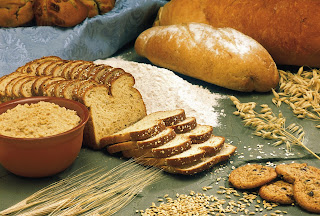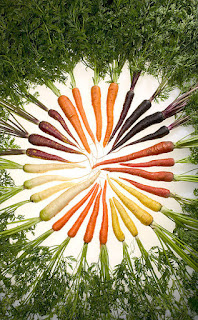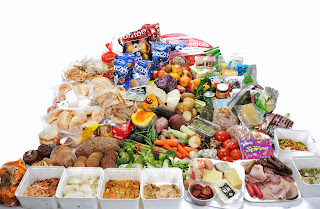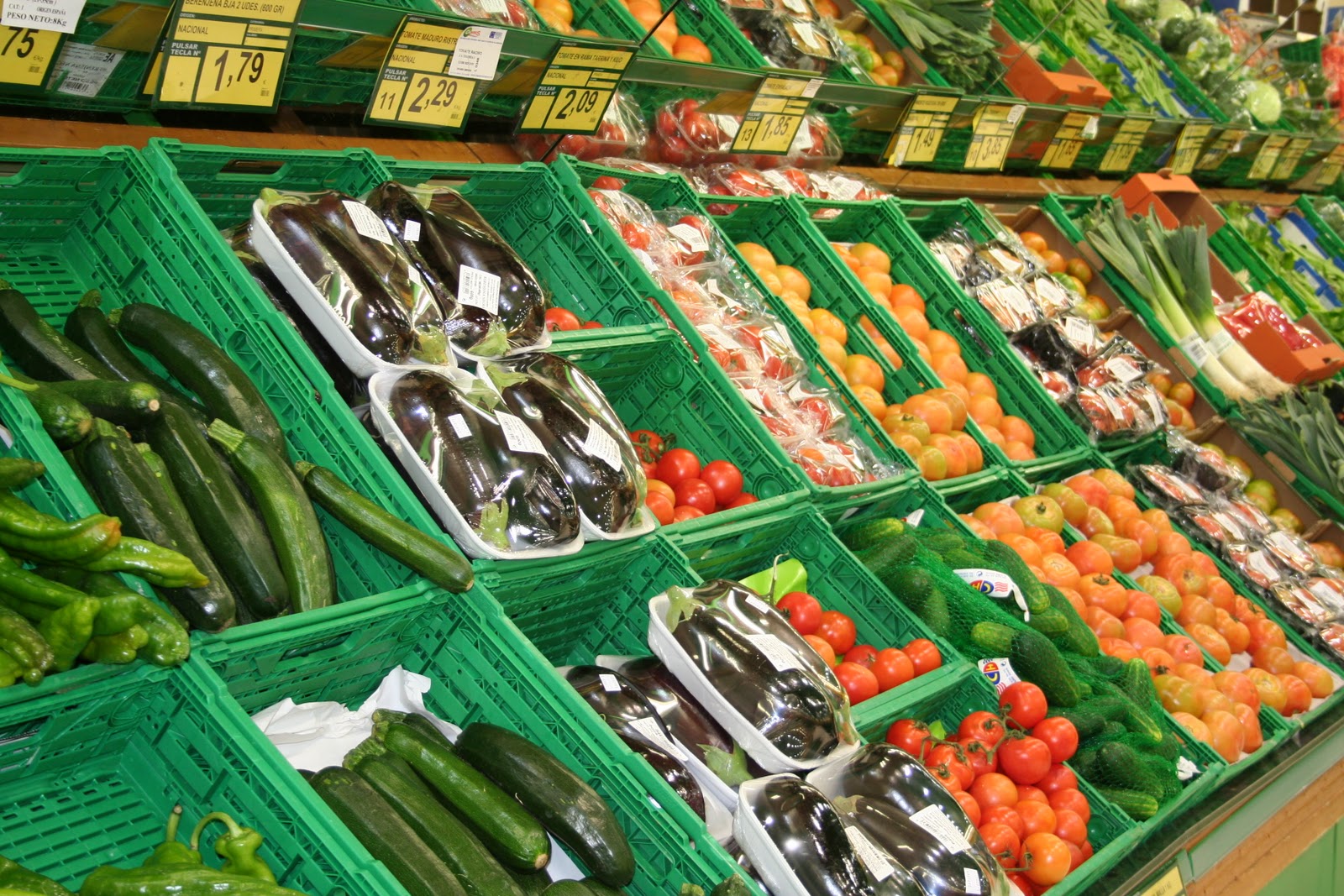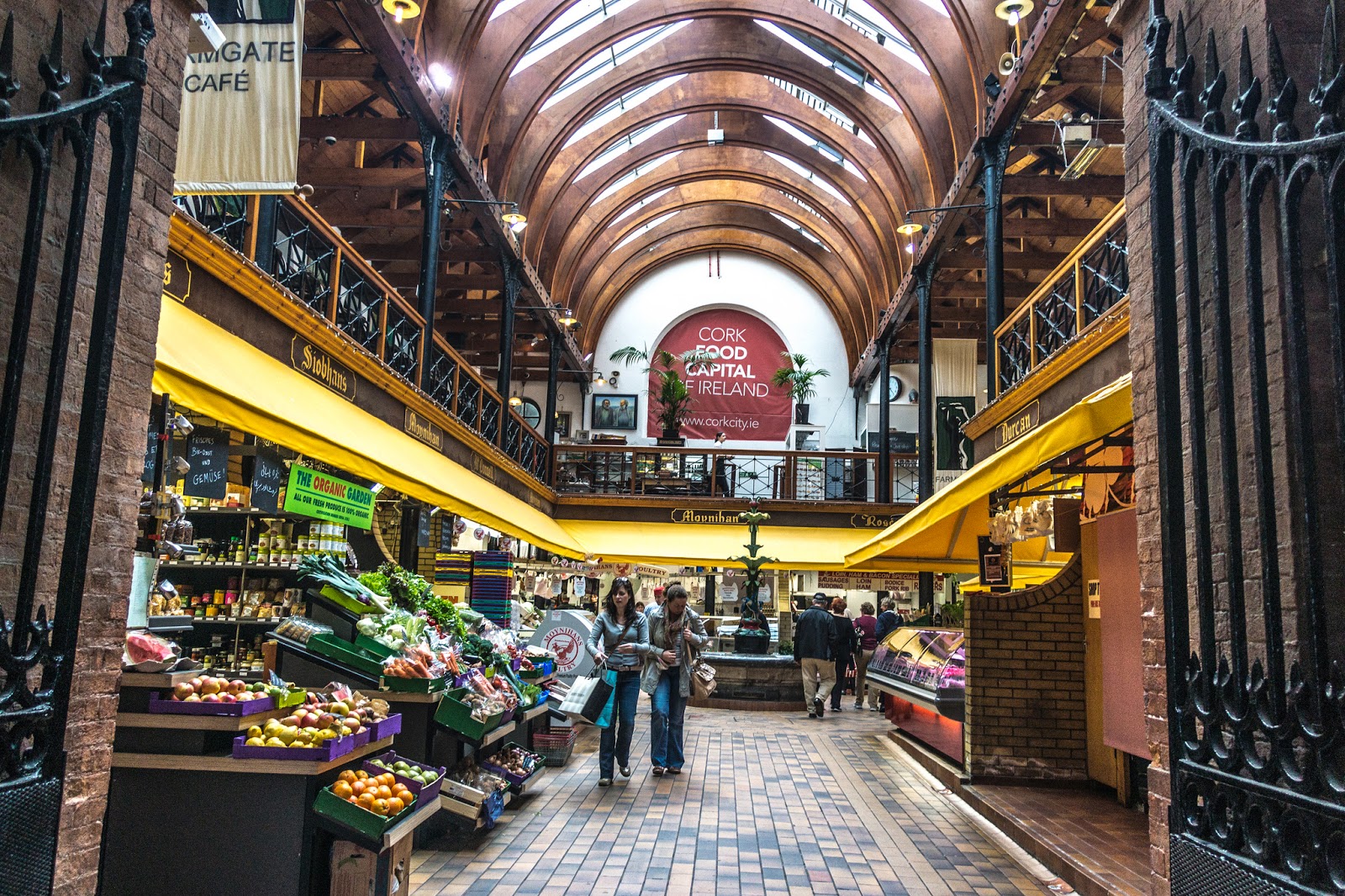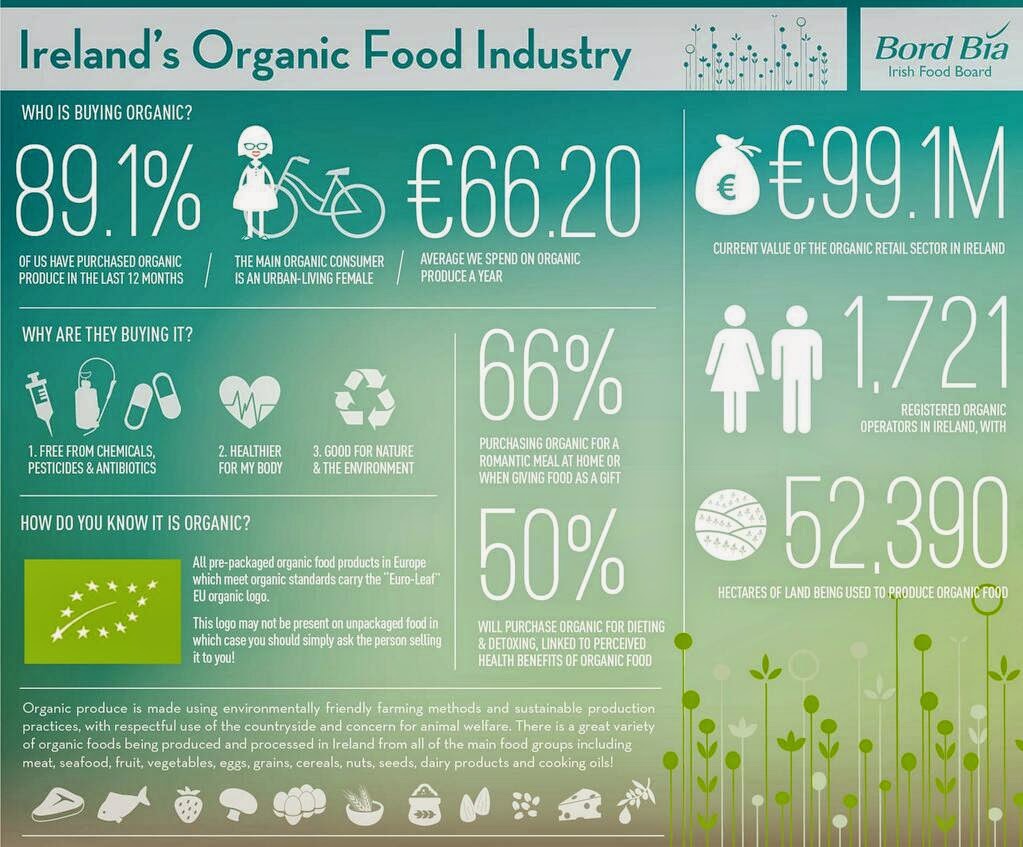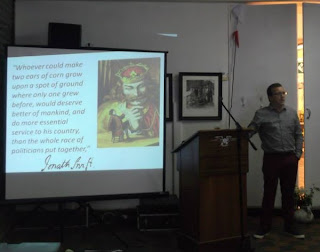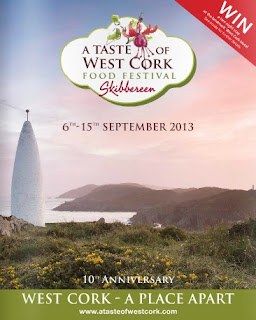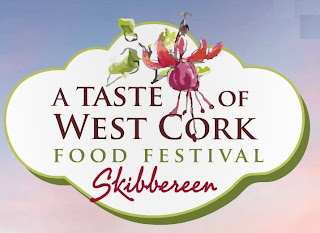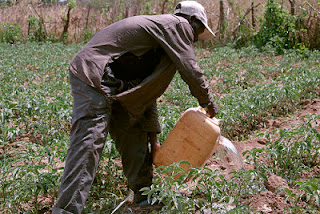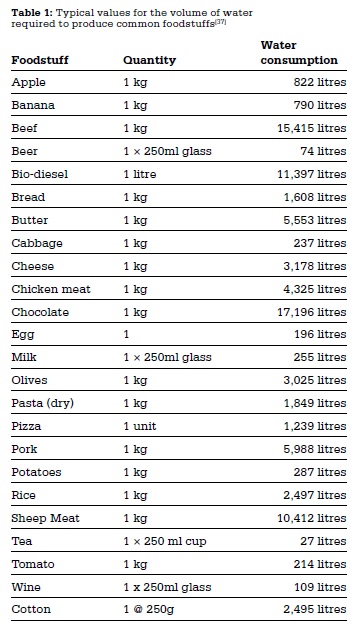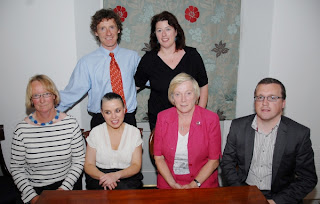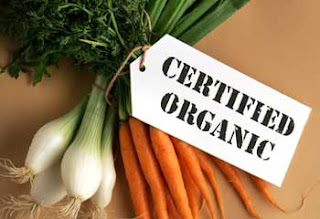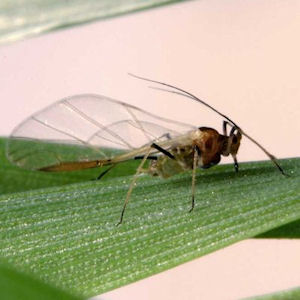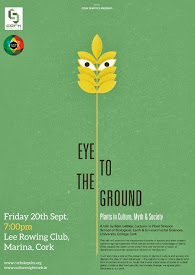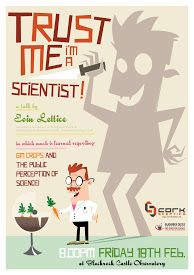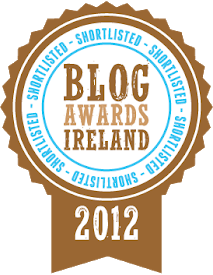170 years after the famine, the late blight of potatoes remains
 |
| Dundee, Scotland, 1861 |
The famine wasn’t that long ago. I can trace my family back to Peter Lettice and his wife Mary Lowrie who left Ireland in the early 1840s, in their case for Dundee, Scotland, to avoid starvation. Many people can do the same. Knowing their names means that the headline figures that get used in connection with the famine - one million dead and one million emigrated - become very personal. Those figures get used whenever anybody talks about the famine, but they make the whole thing anonymous in a way. It's something that happened to other people and their families.
The massive global changes brought about by the famine are still evident in the large number of people claiming Irish heritage in North America, Australia and elsewhere. At home, the population of the island of Ireland (approximately 6.5 million in 2016) has only now returned to pre-famine levels.
Historians can rightly point to many contributing factors and causes for the famine. Political, social and economic issues all played a role, but the cause of the crop losses at the heart of the Irish potato famine ultimately was Phytophthora infestans. This pathogen comes from a group of organisms called oomycetes and can no longer be correctly called a fungus. In fact, it’s more closely related to the brown algae.
The ‘father’ of plant pathology, Anton de Bary, was the first to demonstrate experimentally that the pathogen caused the disease we now know as late blight and de Bary coined the name Phytophthora, meaning "plant-destroyer". English botanist Rev. Miles Berkeley had first observed that late blight was "the consequence of the presence of the mould, and not the mould of the decay" 15 years earlier (Journal of the Horticultural Society of London, 1846).
Phytophthora is an appropriate moniker. Symptoms of the disease include blackish lesions on the leaves and purple-brown lesions on the surface of the tubers themselves. When the disease is advanced, the tubers are rotten inside and there is a distinctive odour which must have struck fear into the heart of poor subsistence farmers all over the country during the famine.
As any potato grower will tell you, late blight of potatoes has not gone away. It remains the most economically destructive of all potato diseases worldwide. Typically, commercial potato growers in Ireland use between 15 and 20 applications of fungicide to control the pathogen every year and there are no commercially-viable resistant varieties available. 170 years after the famine, our potato crop is still as vulnerable as ever to destruction caused by Phytophthora. The difference now is the availability of chemical control options to keep the worst of the losses at bay.
Globally, many crops are vulnerable to diseases that have the potential to cause devastating losses. For example, rice blast fungus (Magnaporthe oryzae) is the most destructive disease of rice, a staple foodstuff that feeds half the world’s population. Diseases of cereals like Puccinia and Fusarium are a threat that require constant vigilance and we are regularly reminded that the much-loved and economically important Cavendish variety of banana (that’s the banana you had for lunch) is on the brink of extinction due to Panama disease caused by Fusarium oxysporum.
A major problem is our over-reliance on a small number of crops for much of the world’s food supply. Just 15 crop plants account for 90 percent of the world’s food with maize, wheat and rice accounting for over 50 percent of the world’s caloric intake (UN FAO). If even one of the top ten crops were to fail, the consequences could be catastrophic, especially for developing countries.
Increasingly though, we are running to stand still with a lot of the major diseases. Much like the Red Queen in Lewis Carroll’s Through the Looking-Glass, keeping one step ahead of emerging and evolving plant pathogens "takes all the running you can do, to keep in the same place".
In this context, it’s more important than ever that we are using all of the tools available to us to combat and control plant disease. That means an integrated approach to pathogen and pest management where one tool such as chemical control is not over-used. Such reliance on one control method runs the risk of forcing the pathogen to evolve to overcome the control measure, rendering it useless.
One of the tools that will certainly be in that toolbox is the development of resistant varieties. However, in the case of late blight, we’ve yet to breed a commercially-viable, fully blight-resistant potato. That’s not to say it’s impossible: Sarpo Mira, Sarpo Axona and Blue Danube are all potato varieties that are very resistant to late blight but they have not been commercially successful outside of the organic market.
Luckily, help is at hand in the form of modern plant biotechnology which has the capacity to quickly develop blight resistant potato varieties as well as resistant crops to various other diseases) A major problem with conventional potato breeding is the difficulty in crossing domesticated varieties with their disease-resistant wild relatives. Genetic transformation has overcome that problem by transferring a potato gene for resistance from wild to cultivated varieties. Such varieties were grown successfully in Ireland in recent years.
Gene-editing technology will allow even more precise changes to be made to plant genomes with the goal of introducing resistance for a host of important crop diseases. Whatever our personal views on such technologies, there is no doubt they will be an integral part of maintaining global food security and preventing future famines.
Recently, Ireland was named the most food-secure nation in the world. That’s an amazing turnaround, even if it has taken 170 years. In light of our remarkably journey from famine to world leaders in food security, surely there is a moral imperative on us to support other countries to boost their food security - and to advance the science that will prevent similar famines from happening to other countries in the years to come?
The National Famine Commemoration 2018 takes place at University College Cork on Saturday May 12th. The International Association for Plant Biotechnology congress 2018 (IAPB2018) takes place in Dublin in August
This article first appeared on RTE Brainstorm.


